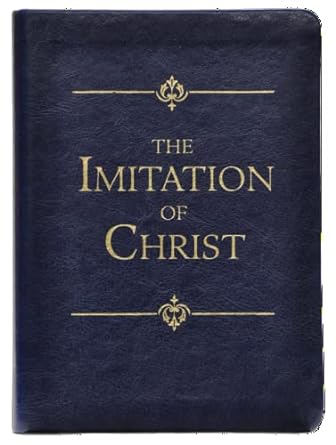This week we will be reading through chapters 6-9 of the Imitation of Christ. Within these chapters, á Kempis emphasizes our humility, not as an end unto itself, but as the means of emptying ourselves so that we can, as Peter writes, become partakes of the divine nature (2 Peter 1:4). Our humility must extend to both our material well-being and to our interpersonal relationships. Before beginning your readings this week, please read through Ecclesiastes 5 where the Preacher speaks of the great vanity of wealth and honor and that portion of the Sermon on the Mount found in Matthew 6:19-34 where Jesus speaks of placing our confidence in God, not the trappings of the world. Also, please read the attached excerpt from Augustine’s Confessions (Book XII, ch. 25) where Augustine addresses having humility in one’s opinions. Within the chapter, Augustine says that we should always humbly accept another’s true opinion on the Scriptures, for to hold too tightly to our own to the exclusion of another’s comes from vanity.
As you begin reading through these chapters, please find a quiet contemplative place so that the readings may speak to you. If a particular meditation strikes you or draws your attention to a particular part of scripture or another work, please let me know. I would like to be able to have different people lead the discussions on different chapters. Also, if you have different ideas on how our gathering can read through The Imitation, please let me know as well.
As an aside, the New York Times had an article yesterday discussing the findings of psychologists that people’s identities tend to fuse with those of their significant others, such that Jeb Bush is now a Hispanic. It is this understanding that our identity is relational that is the basis of The Imitation, for if Christ is our significant other we will take on his identity. If you have time, please take a look.
Dinner is 6. The menu is Spanish kale and sausage stew. Discussion about 6:45. Please bring a friend. Hope to see you here.
Do not brag about the size or beauty of your body, which a little sickness can spoil and disfigure. Do not be pleased with yourself about your ability or talent, lest you displease God, from whom comes the sum of whatever natural good you have.
(Book 1, Chapter 7).

